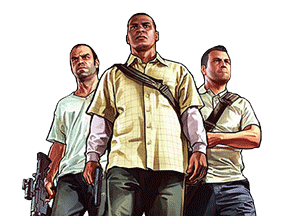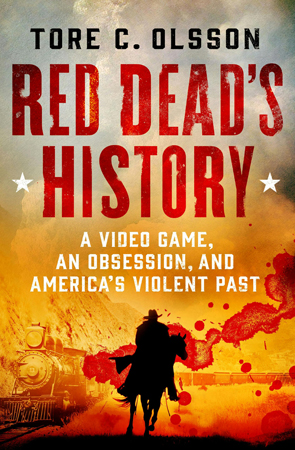Red Dead’s History Released
OPla G
6 Aug 2024 22:30
 29
29It’s no secret that the Red Dead series — especially its two most recent entries — brilliantly captures the United States at the end of the Wild West era. For Tore Carl Olsson, an associate professor of history at the University of Tennessee, it was a genuine surprise that none of his colleagues had thought of using Rockstar Games western as a lens to talk about that period. After playing RDR 2 during the pandemic, he decided to bring the game into his teaching. And this spring, he even invited Rob Wiethoff and Roger Clark — the actors behind the game’s two protagonists — for a class that students are unlikely to forget.
Olsson has also decided to collect his thoughts and research on the subject in print, writing a book titled Red Dead’s History. The work has now been published and is available for purchase. According to the official publisher’s website, the prices are as follows: hardcover — $30, digital edition — $15, audiobook — $27. The special feature of the audiobook is its narrator: none other than the familiar voice of Arthur Morgan.
In a major IGN interview, the author discussed his work. He said what impressed him most about Red Dead Redemption 2 was the atmosphere of the era, not its historical accuracy. On that front, he has some critiques. For example, the Ku Klux Klan was not nearly as active in the 1890s. Decades earlier and later — yes, but not in the period portrayed in the game. These kinds of nuances are explored in detail in the new book.
According to Olsson, his lectures are popular even among students who aren’t required to study history. Some are inspired to continue learning through video games. The author is interested in topics like World War II and the Cold War as seen in Call of Duty, organized crime in Mafia, and mid-20th-century American culture in L.A. Noire. His next book, however, he plans to devote to Grand Theft Auto: 1980s Miami in GTA: Vice City (immigration, relations with Cuba, cartels) and 1990s Southern California in GTA: San Andreas (African American communities, the crack epidemic). In his view, these iconic games aren’t faithful history, but rather a collection of stereotypes — through which, nonetheless, a certain image of America in those decades takes shape. As for GTA 5 and GTA 6, he’s leaving them for the future — they tell the story of the modern setting, and that’s something to explore a bit later.
According to Olsson, his lectures are popular even among students who aren’t required to study history. Some are inspired to continue learning through video games. The author is interested in topics like World War II and the Cold War as seen in Call of Duty, organized crime in Mafia, and mid-20th-century American culture in L.A. Noire. His next book, however, he plans to devote to Grand Theft Auto: 1980s Miami in GTA: Vice City (immigration, relations with Cuba, cartels) and 1990s Southern California in GTA: San Andreas (African American communities, the crack epidemic). In his view, these iconic games aren’t faithful history, but rather a collection of stereotypes — through which, nonetheless, a certain image of America in those decades takes shape. As for GTA 5 and GTA 6, he’s leaving them for the future — they tell the story of the modern setting, and that’s something to explore a bit later.


 0
0
